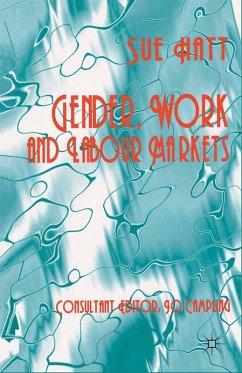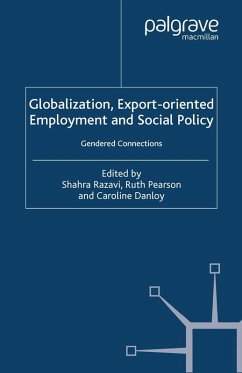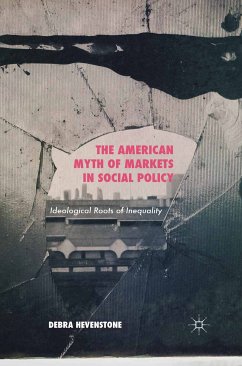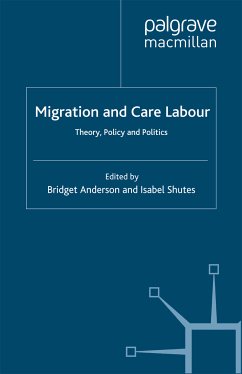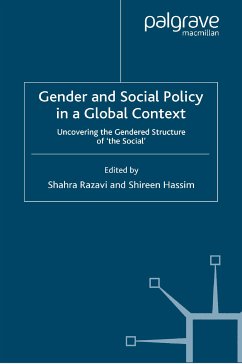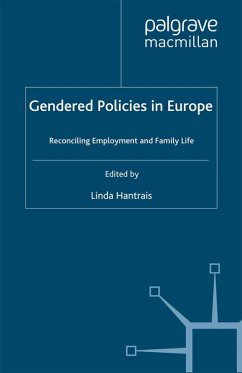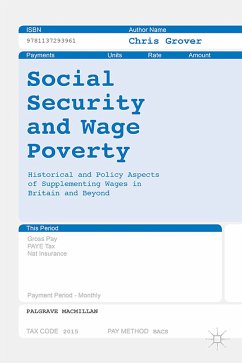
Social Security and Wage Poverty (eBook, PDF)
Historical and Policy Aspects of Supplementing Wages in Britian and Beyond
Versandkostenfrei!
Sofort per Download lieferbar
40,95 €
inkl. MwSt.
Weitere Ausgaben:

PAYBACK Punkte
20 °P sammeln!
This is the first book to examine debates about, and the practice of, state supplementing of wages. It charts the historical development of such policies from prohibition in the 1830s and how opposition to it was overcome in the 1970s, thereby allowing the increasing supplementation of the wages of poorly paid working people.
Dieser Download kann aus rechtlichen Gründen nur mit Rechnungsadresse in A, B, BG, CY, CZ, D, DK, EW, E, FIN, F, GR, HR, H, IRL, I, LT, L, LR, M, NL, PL, P, R, S, SLO, SK ausgeliefert werden.



